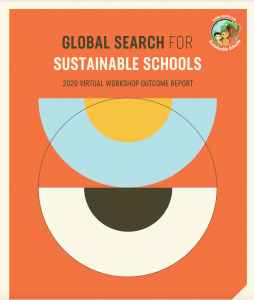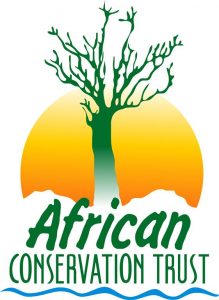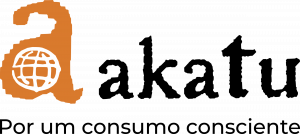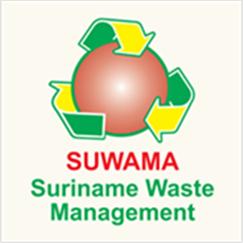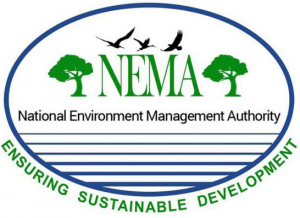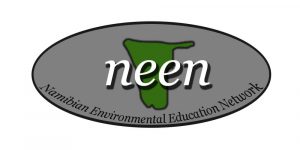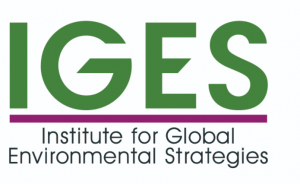The Global Search for Sustainable Schools (GSSS) is an international project run by the Sustainable Lifestyles and Education Programme and is part of the 10-year Framework of Programmes on Sustainable Consumption and Production Patterns. The GSSS is composed of schools from 9 countries: Brazil, Cambodia, Kyrgyz Republic, Namibia, the Philippines, South Africa, Suriname, Viet Nam, and Uganda.
The GSSS aims to mainstream sustainable lifestyles into formal education; make sustainable lifestyles the guiding principle in every learning environment, and mobilize and empower the youth and educators and promote sustainable lifestyles. Building on international frameworks, the GSSS has begun the organization and development of a global sustainable school network with the following objectives:
- Support implementation of regional and national mandates for education for sustainable development and lifestyles;
- Develop a replicable and scalable approach to a healthy and effective search for sustainable schools;
- Develop capacities of schools to design and integrate sustainability in school curricula, infrastructure, and management and administrative practices;
- Engage teachers and young students in the implementation of education for sustainable development and lifestyles in their schools; and
- Encourage participants to foster sustainable practices in everyday life and their communities.
